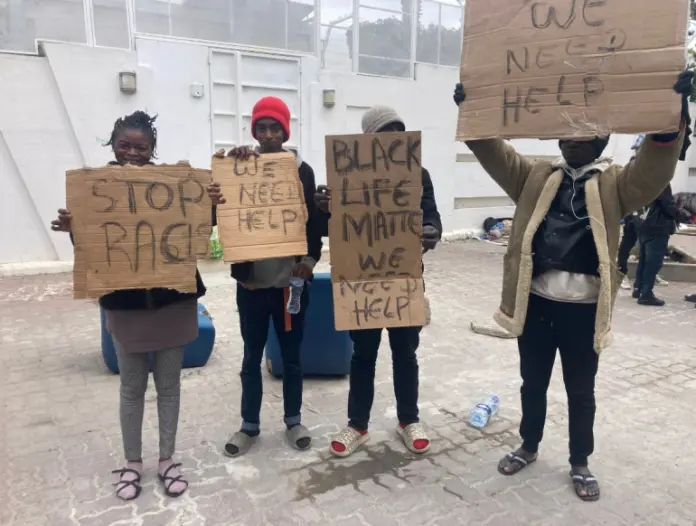- P.O. Box: 11482 Yaoundé, Cameroon; Headquarters: Efoulan, Yaoundé 3
- contact@caessinternational.org

In a context marked by the rapid rise of xenophobia and racism within his country, Tunisian President Kaïs Saïed further inflamed an already tense situation by referring to sub-Saharan Africans present on Tunisian soil as "hordes of illegal migrants" seeking to "alter the demographic composition of Tunisia," in remarks made on February 21, 2023. These statements sparked outrage among many African leaders, notably the African Union and several governments. Amid emergency repatriations, international condemnations, and calls for boycotts, sub-Saharan governments are struggling to respond to this new crisis, which deals a blow to fragile African unity. Following these declarations, hundreds of people of sub-Saharan origin reported being subjected to persecution, including insults, physical assaults, beatings, dismissals from jobs, and even eviction from their homes.
This situation has reignited the divide between the Maghreb and sub-Saharan Africa, bringing back to the forefront debates about the real existence of a shared subjective and emotional sense of belonging among all Africans. This exacerbated xenophobia has also revived the issue of Afrocentrism, which holds that people of African descent, particularly Black Africans, should develop an appreciation for the achievements of traditional African civilizations and express their own history and value systems.
There is a growing concern in this context that identity-based divisions could violently resurface in an Africa that desperately needs unity in order to assert itself on the international stage, where it has long remained on the periphery.